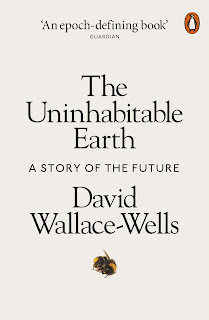Maybe not everyone knows that Mr. Pennacchioni, AKA Daniel Pennac, the world renowned French novelist, is also a school teacher.
In this book Pennac writes about his days as a school dunce. How frustrated this made him (and how upset his well educated parents were about it), how he finally managed to find motivation, become an educator himself and even achieve success as a writer. Four teachers actually “saved” him. One of them by asking him to write a novel, secretly, a chapter at a time, for the whole duration of the school year.



